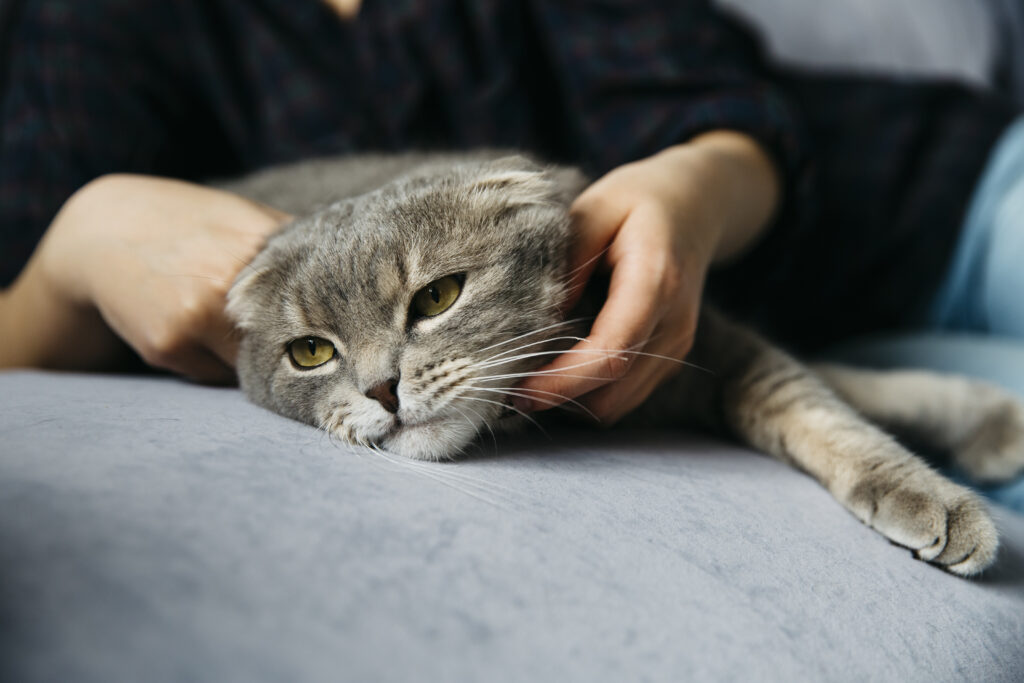Loneliness affects many people, and the companionship of a cat can be an ideal solution. For those who seek comfort, understanding, and a steady presence, cats can truly help with loneliness. In the broader context of What is Zoothérapie?, or animal-assisted therapy, cats play a unique role in providing companionship. Let’s dive into the specific ways cats offer comfort and why they’re perfect for those experiencing isolation.
How Cats Help with Loneliness Through Unique Bonds
Cats are often seen as independent, but they have a special way of bonding with their humans. This bond respects boundaries, making it unique compared to other pets. If you’re interested in a range of animals known for providing comfort, check out The Top Companionship Pets for Comfort and Support. Unlike some pets, cats enjoy companionship without constant interaction, which makes them ideal for people who want a connection without overwhelming attention.
Why Cats are Perfect Companions for Loneliness
One of the best aspects of how cats help with loneliness is their low-maintenance nature. Cats don’t require constant outdoor exercise, making them an ideal choice for people with busy schedules or limited energy. Simple care routines, such as feeding and litter cleaning, offer gentle structure without much pressure. This low-maintenance lifestyle is part of how cats help with loneliness, as they make a perfect match for people who may feel lonely but aren’t seeking a high-energy companion.
How Cats Provide Physical Comfort and Ease Loneliness
Cats provide incredible comfort through touch and closeness. Cuddling with a cat can be immensely soothing, especially for people who feel alone. Scientifically, a cat’s purr is known to have a calming effect on humans. Studies show that the vibrations of a purr can reduce stress and promote relaxation. When a cat curls up nearby, purring softly, it creates a peaceful environment that can melt feelings of loneliness.

Creating Routine and Purpose with a Cat’s Companionship
How cats help with loneliness goes beyond companionship; they also encourage a healthy routine. Feeding, grooming, and playing with a cat provide structure, which can be beneficial for mental well-being. This gentle routine can be just enough to give a person purpose without overwhelming them. Plus, knowing a cat depends on you for care creates a positive sense of responsibility. For people who might feel disconnected, this routine is a powerful example of how cats help with loneliness by helping them stay grounded and engaged.
How Cats Offer Companionship Without Overwhelming Social Interaction
Cats bring a balance of companionship and independence. For people who feel lonely but may not want too much social interaction, a cat is perfect. Unlike some pets that demand attention, cats offer quiet support. They’re there when you need them but content with their own space as well. This "best of both worlds" approach can make people feel connected without feeling crowded.

Finding Joy in a Cat’s Playful Nature for Combating Loneliness
Watching a cat’s playful behavior can bring instant joy. Their curiosity and energy during playtime are contagious and can uplift anyone’s mood. Whether a cat is chasing a toy, pouncing on a feather, or exploring new spots, their behavior is fun to watch. These small moments of play are delightful distractions from daily stress and provide a sense of companionship, even for those who live alone.
Best Cat Breeds for Loneliness and Companionship
Some cat breeds are known for their friendly and affectionate personalities. For example:
- Ragdoll Cats: Known for their gentle nature, Ragdolls are often called "puppy-like" cats because they love to follow their owners around.
- Maine Coons: These large, affectionate cats enjoy being close to their humans, making them perfect for companionship.
- Persians: Persian cats are calm and loving, often enjoying snuggling close by. Choosing one of these breeds can make a big difference for people looking for a cat that thrives on companionship.
Conclusion
In short, cats make wonderful companions for those experiencing loneliness. From their unique bond with humans to their calming purrs, they offer comfort and companionship without overwhelming demands. For anyone interested in learning more about how pets support mental health, research from the National Institutes of Health (NIH) provides valuable insights into the benefits of animal companionship. For those feeling isolated, adopting a cat can bring gentle joy, purpose, and love into their lives.
Consider opening your home to a cat if you’re looking for a loyal, low-maintenance friend to ease loneliness. A furry companion may be just the answer to creating warmth and happiness at home!

